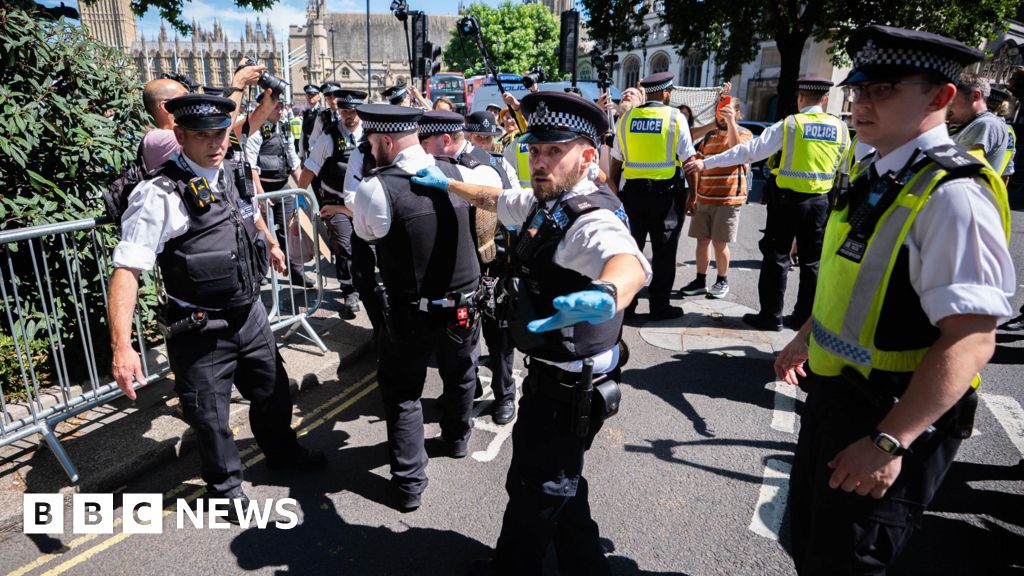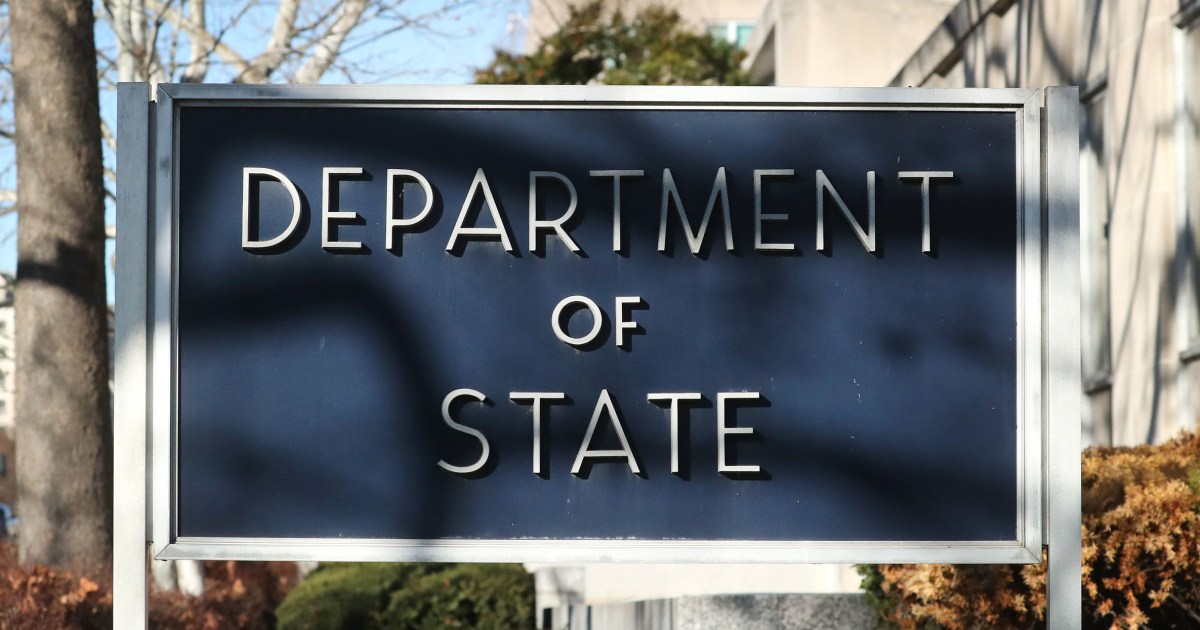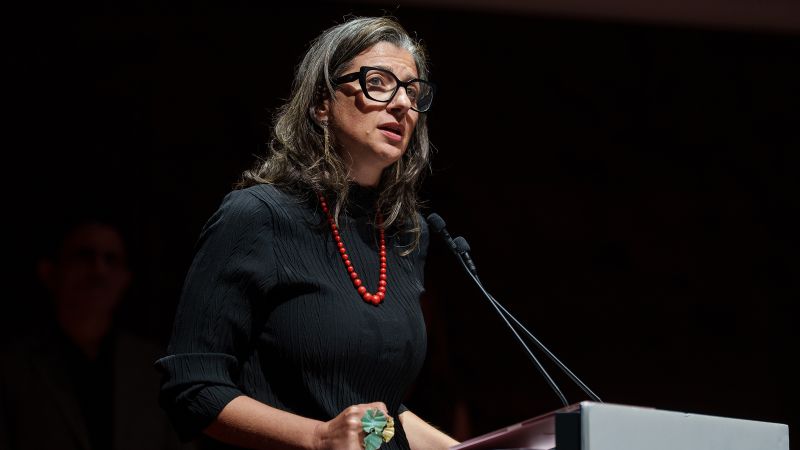Protests in London: The Debate on Palestine and Activism

The Protests That Shook The Streets of London
Recent protests in London have caught the attention of the world, as pro-Palestinian activists took to the streets to voice their opposition to the UK government's decision to proscribe Palestine Action as a terrorist organization. The group, which advocates for Palestinian rights and has been involved in numerous non-violent direct actions, has been met with fierce opposition and criticism from the government. The protests, which have seen up to 55 arrests, have reignited the debate on the Palestinian-Israeli conflict and the role of activism in bringing about change.
A Controversial Decision
The UK government's decision to label Palestine Action as a terror organization has been met with widespread criticism from human rights organizations and activists. Many argue that the decision is an attempt to silence and criminalize those who speak out against the Israeli occupation of Palestine. The proscription has also been questioned for its
About the Organizations Mentioned
Palestine Action
**Palestine Action** is a direct action movement founded in 2020 with the goal of dismantling Israel’s military-industrial complex by targeting companies that profit from the Israeli occupation and alleged apartheid regime. The group employs disruptive tactics aimed at halting arms trade and business operations linked to Israel’s military activities, particularly focusing on Elbit Systems, a major Israeli weapons manufacturer. Palestine Action organizes workshops and training seminars to build a grassroots movement committed to these objectives[1]. The organization has engaged in high-profile direct actions including property damage and business disruptions, which have drawn significant legal and political attention. A notable incident occurred in June 2025 when members sprayed red paint on two RAF aircraft at Brize Norton airbase in the UK, leading to criminal charges and sparking government action[2][4]. Subsequently, the UK government proscribed Palestine Action as a terrorist organization in July 2025 under anti-terrorism laws, citing coordinated criminal activities against defense firms. This proscription marked a controversial shift in legal policy, as Palestine Action’s activities are primarily protests and property damage targeting military-related infrastructure rather than violent acts against people[2][4]. The proscription has been challenged legally and criticized by human rights advocates and UN experts, who warn that labeling peaceful political protest as terrorism risks undermining civil liberties such as freedom of expression and assembly. UN experts specifically urged the UK not to misuse terrorism legislation against Palestine Action, emphasizing the potential chilling effect on human rights advocacy[5]. Palestine Action remains active despite legal pressures, continuing its campaign against companies involved in arms manufacturing and export to Israel. Its combination of grassroots mobilization, direct action, and confrontations with state authorities makes it a significant and contentious player in the intersection of activism, business disruption, and international human rights debate[1][2][5].
UK government
The **UK Government**, formally His Majesty’s Government (HM Government), is the central executive authority of the United Kingdom of Great Britain and Northern Ireland. It is led by the Prime Minister—currently Keir Starmer since July 2024—who appoints ministers to form the Cabinet, the supreme decision-making body responsible for government policy and administration[1][2]. The government operates under an uncodified constitution where executive authority formally rests with the sovereign but is exercised on the advice of the government and Privy Council[1]. Historically, the UK Government evolved as a parliamentary system with roots stretching back centuries, embodying principles like parliamentary sovereignty and ministerial responsibility. Its offices are primarily located in Westminster and Whitehall, often serving as metonyms for the government itself[1]. The government oversees a wide range of functions including economic management (led by the Chancellor of the Exchequer), domestic affairs such as policing and immigration (Home Secretary), foreign relations (Foreign Secretary), health, education, defense, and more[2]. It relies on Parliament to enact legislation and must maintain the confidence of the House of Commons to govern effectively[1]. In recent years, the UK Government has pursued ambitious reforms, especially in **digital transformation** to modernize public services. The 2025 digital government blueprint envisions a future where public services are seamlessly integrated, automated, and digital by design—aimed at improving citizen experience and boosting economic growth through smarter, more productive government operations[3]. National security remains a top priority, with strategic plans focusing on countering threats from state actors like Russia and enhancing military capabilities with digital technologies and intelligence integration[4]. The government’s current agenda includes economic growth, housing development, national security, and climate goals such as becoming a clean energy superpower. It aims to raise living standards and infrastructure investment, reflecting a mission-led approach to governance[5]. Analytical excellence is also emphasized through a structured government analysis function to support evidence-based policy-making across departments[
human rights organizations
Human rights organizations are primarily nongovernmental organizations (NGOs) dedicated to protecting and promoting human rights worldwide. They monitor government actions, document abuses, and advocate for reforms through research, lobbying, campaigns, and public advocacy. These organizations often use technologies and innovative strategies to amplify their impact and support grassroots efforts globally[2][5]. The history of human rights organizations dates back to the mid-20th century with the adoption of the Universal Declaration of Human Rights by the United Nations in 1948, which set global human rights standards. Since then, numerous NGOs have emerged to hold governments and other actors accountable for violations. Key players include Amnesty International, Human Rights Watch, the International Federation for Human Rights (FIDH), and the National Association for the Advancement of Colored People (NAACP), among others[2][5][6]. Key achievements of these organizations involve exposing abuses such as political imprisonment, torture, discrimination, and violations of civil, political, economic, social, and cultural rights. For example, Amnesty International has successfully campaigned for the release of political prisoners and protection of sexual and reproductive rights. FIDH works in partnership with local organizations to reinforce democratic processes and hold perpetrators accountable through international justice systems. Human Rights Watch provides detailed investigative reports that pressure governments and multinational corporations to respect human rights[5][6]. Currently, human rights organizations operate globally with extensive networks of experts including lawyers, journalists, and activists. They leverage digital platforms and media to raise awareness and mobilize public support. Their effectiveness depends heavily on sustained advocacy backed by strong public engagement. They also navigate complex political environments and collaborate with intergovernmental organizations like the United Nations to enhance human rights protections[2][3][5]. Notably, human rights organizations emphasize the universality of rights and prioritize defending freedoms of assembly, expression, and association. They continually adapt to emerging challenges such as digital privacy, corporate accountability, and armed conflict, making them vital actors in the intersection of human rights















